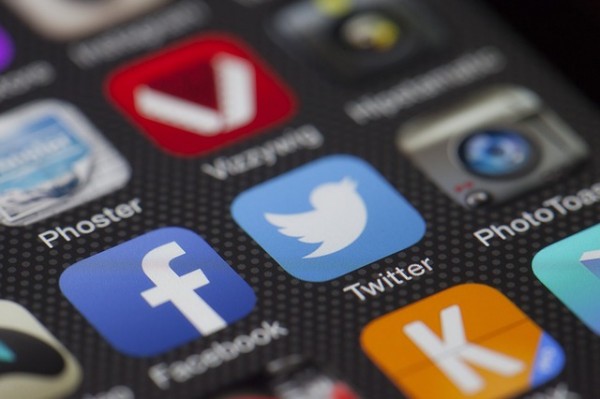Twitter Aids Migraine Study

Real-time tweets from migraine sufferers have given researchers valuable insight in a recent study looking into how migraines impact modern patients' lives.
In a bizarre application of social networking, researchers from the Headache and Orofacial Pain Effort at the University of Michigan sough to demonstrate the instant and general impacts a migraine attack can have on the quality of life of a victim.
Using Twitter, a social-circle micro-blogging tool that is hugely popular across the world, the study's research team received and interpreted nearly 22,000 tweets - micro-blog posts of 120 characters or less -- in order to evaluate the self-reported symptoms of migraines in countless sufferers in real-time.
The results of this analysis were published in the Journal of Medical Internet Research, and suggest that social-networking tools like Twitter can add real-time contextual data to studies of symptoms and their consequences that otherwise wouldn't be available to researchers.
According to the study, tweets mentioning the words "migraine" or "migraine headache" were analyzed by the research team working with 50 students of the University of Michigan. Initial analysis discovered that of the 21,741 tweets identified in a pre-determined time window, 64 percent of them were not advertisements, re-tweets, or general discussion and were categorized as primacy sources.
These primary source tweets were then analyzed for multiple factors, such as use of expletives, mention of impediment of work, mention of impediment of social life, and the mention of impact on school.
According to the resulting data, the most common descriptors for migraine headaches were "worst" or the "f-word," being used 15 percent and five percent of the time respectively. Migraines having an adverse effect on work or social life was mentioned nearly four percent of the time, and negative impact on migraines on school was mentioned three percent of the time.
Interestingly, 55 percent of the tweets regarding the immediate onset of a migraine headache were from the United States, and 74 percent of the tweets were from females. Forty-four percent of the tweets were also associated with an immediate impact on mood.
The authors of the study concluded that the results demonstrated an adequate application of social media in large-scale studies of symptoms -- a unique way to obtain real-time reactions that they hope to see used in future research work.
The study was published in the Journal of Medical Internet Research, the 2014 edition.
Apr 03, 2014 03:35 PM EDT





